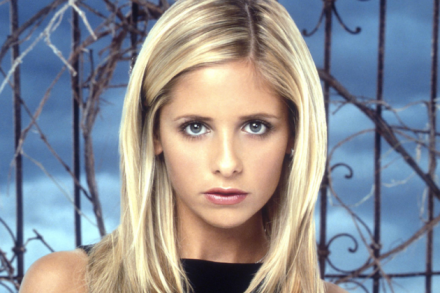Mirror, mirror | 16 March 2017
The exit signs were switched off and the stalls were in utter darkness. One by one, 15 invisible dancers, their joints attached to tiny spotlights, began to colonise the far end of the hall, forming fresh constellations with every pose. The audience smiled in wonder, like tots at a planetarium. Tree of Codes, which had its London première at Sadler’s Wells last week, was originally commissioned in 2015 for the Manchester International Festival. It combined the talents of Wayne McGregor, resident choreographer of the Royal Ballet, mixer and DJ Jamie xx and the Danish/Icelandic artist Olafur Eliasson. The trio took as their text Jonathan Safran Foer’s Tree of Codes, which




















